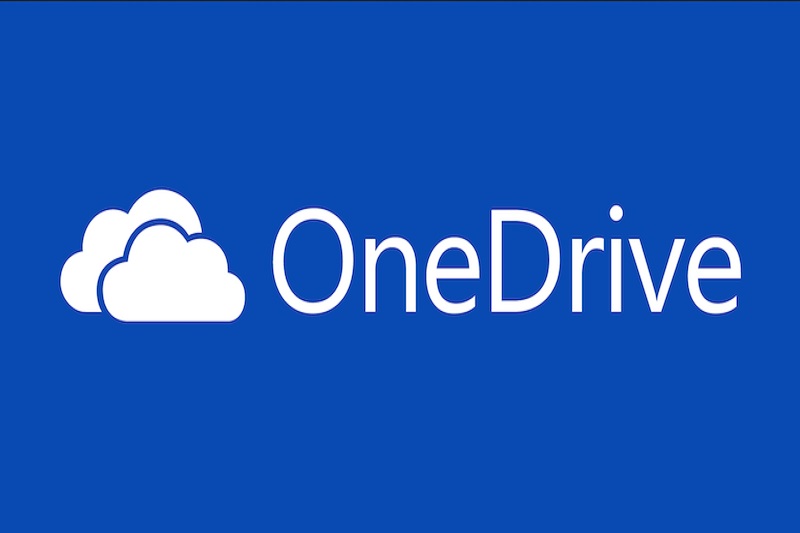
Microsoft Plans to Unbundle Teams from Office Amid Antitrust Concerns
Microsoft has reportedly agreed to unbundle its Teams remote collaboration software from its Office productivity suite. According to Financial Times, this move is an attempt to avoid antitrust concerns as the company faces its most significant regulatory issues in over a decade. The European Commission has been investigating Microsoft since last year, following a complaint from competing remote-work platform Slack, now owned by Salesforce, asking officials to make Microsoft sell Teams separately from its ubiquitous Office suite.
Contents
Unbundling Teams from Office
Microsoft’s decision to unbundle Teams from Office comes after months of discussions with the European Commission. According to FT’s sources, companies will eventually be able to purchase Office with or without Teams installed. However, the mechanism on how to do this remains unclear. Talks with EU regulators are reportedly ongoing, and “a deal is not certain.”
The move is seen as a preemptive measure by Microsoft to avoid a potential antitrust investigation by the European Commission. Slack had complained to EU regulators in 2020, asking officials to make Microsoft sell Teams separately from its Office suite. The complaint led to an investigation into Microsoft’s practices.

Microsoft’s decision to unbundle Teams from Office will likely lead to increased competition in the remote collaboration software market. Currently, Teams is bundled with Office, making it more difficult for other companies to compete. Unbundling Teams from Office could level the playing field for other remote collaboration software providers.
Impact on the Market
The unbundling of Teams from Office could have a significant impact on the remote collaboration software market. Teams is currently one of the most widely used remote collaboration software solutions globally, with over 145 million daily active users.
The unbundling of Teams from Office could lead to a reduction in the number of Teams users. Companies may opt to purchase Office without Teams, leading to decreased usage of the platform. However, it could also lead to increased competition in the market, as other remote collaboration software providers will have a better chance to compete with Teams.
In recent years, the remote collaboration software market has grown exponentially, with the COVID-19 pandemic accelerating the trend towards remote work. Microsoft’s decision to unbundle Teams from Office could pave the way for other companies to enter the market and offer new solutions.
Possible implications of Microsoft’s decision to unbundle Teams from Office
Microsoft’s decision to unbundle Teams from Office is a significant one, as the platform has become increasingly popular for remote collaboration during the COVID-19 pandemic. The move is an attempt to avoid antitrust concerns and head off a potential investigation by the European Union.
Here are some possible implications of this decision:
- Increased competition: By unbundling Teams from Office, Microsoft may be opening the door for more competition in the remote collaboration market. Companies may be more likely to consider alternatives to Teams, such as Slack or Zoom, if they are not already committed to using Microsoft’s Office suite.
- More choice for customers: Microsoft’s decision to unbundle Teams from Office may give customers more choice in terms of which remote collaboration platform they use. Customers may prefer to use Teams alongside Office, while others may prefer to use a different platform altogether.
- Possible revenue loss: If companies choose not to purchase Teams alongside Office, Microsoft may experience a revenue loss. However, this may be offset by increased sales of Office for those who prefer to use a different collaboration platform.
- Increased regulatory scrutiny: While Microsoft’s decision to unbundle Teams from Office is an attempt to avoid regulatory scrutiny, it may actually result in increased scrutiny from antitrust regulators. By offering Office without Teams, Microsoft may be seen as attempting to disadvantage competing platforms.
Microsoft’s decision to unbundle Teams from Office is a significant one and has potential implications for both Microsoft and its customers. While the move may result in increased competition and more choice for customers, it may also lead to revenue loss for Microsoft and increased regulatory scrutiny. Ultimately, it remains to be seen how this decision will play out and what the future of the remote collaboration market will look like.



